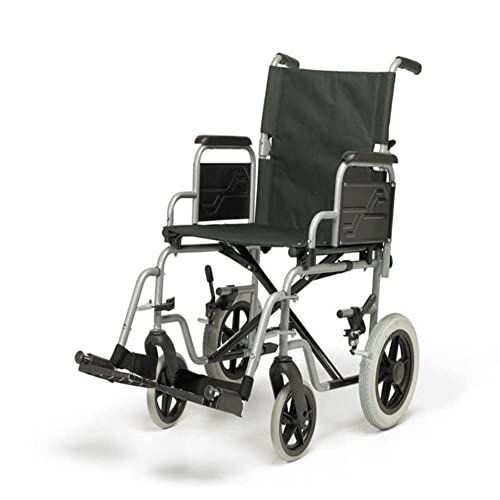Mobility Scooters: A Comprehensive Guide
Mobility scooters have become a vital mode of transport for many individuals facing mobility challenges. This article checks out the various aspects of mobility scooters, including their types, benefits, features, and a guide for potential purchasers.
Comprehending Mobility Scooters
Mobility scooters are electrically powered gadgets developed for individuals with minimal mobility. They provide a way of transportation for individuals who may have problem strolling but still desire to keep their self-reliance. They come in various styles and functions to deal with a wide variety of requirements.
Kinds Of Mobility Scooters
Mobility scooters can normally be categorized into three primary types:
| Type | Description | Best For |
|---|---|---|
| Compact Scooters | These are small and lightweight, ideal for indoors and short journeys. | Users with limited storage space or those who travel frequently. |
| Mid-size Scooters | A balance in between mobility and stability, appropriate for both indoor and outdoor usage. | Those who require to cover a range of terrains. |
| Durable Scooters | Big and robust, developed for rugged outdoor usage and much heavier people. | Users needing additional weight capacity or going off-road. |
Secret Features of Mobility Scooters
The option of mobility scooter frequently depends upon the functions that line up with private needs. Here are a few of the crucial functions to consider:
- Weight Capacity: Mobility scooters come with various weight limits. It is crucial to pick a scooter that can properly support the user's weight.
- Range: The range a scooter can travel on a single charge varies. Depending on user requirements, one might select scooters with a series of approximately 40 miles.
- Speed: Most mobility scooters can reach speeds in between 4 to 8 miles per hour. Consider what speed is comfortable and safe for the designated environment.
- Turning Radius: A compact turning radius is necessary for indoor use, enabling easier navigation in tight spaces.
- Battery Type: The type of batteries used can affect the scooter's performance. Lead-acid and lithium-ion batteries are the most typical.
Advantages of Using Mobility Scooters
The benefits of mobility scooters extend beyond just transport. Some key benefits consist of:
- Independence: Users can browse their environment without counting on caretakers, promoting self-reliance and self-esteem.
- Health Benefits: Using a scooter can encourage outside activity, leading to physical and mental health enhancements by lowering feelings of isolation.
- Convenience: Scooters can easily be operated in various environments, whether indoors, in shopping center, or outdoors.
Essential Considerations When Buying a Mobility Scooter
When purchasing a mobility scooter, numerous factors to consider can assist make sure that you choose the right model:
Assess Individual Needs:
- Mobility level: Consider how much support the person will require.
- Series of usage: Determine where the scooter will mainly be utilized (inside your home, outdoors, on rough terrains, etc).
Test Drive:
- Always test drive a number of models to discover a suitable fit. Take notice of comfort, ease of steering, and the scooter's responsiveness.
Evaluation Safety Features:
- Look for scooters with adequate security functions like lights, indications, and anti-tip styles.
Inspect Warranty and Service Options:
- A trusted warranty and available service options are vital for long-term use.
Frequently Asked Questions about Mobility Scooters
1. How fast do mobility scooters go?Mobility scooters normally have speeds varying from 4 to 8 mph, with many developed for safety rather than high-speed travel. 2. Are there weight limitations on mobility scooters?Yes, mobility
scooters feature particular weight limitations, typically varying from
250 lbs to over 500 lbs, depending on the model. 3. Can mobility scooters be used indoors?Certain models, particularly compact scooters, are particularly developed for
indoor usage and are much easier to maneuver in tight spaces. 4. How typically do the batteries need to be replaced?Battery life can differ based upon usage, but typically, with correct care, batteries may last between 1 to 3 years before requiring replacement
. 5. Are mobility scooters covered by insurance? Chung Horimoto can vary, but some insurance plans, including Medicare and Medicaid, may cover part of the expense. It's advised to consult individual insurance coverage providers. Mobility scooters work as a
valuable tool for numerous people, enabling them to maintain
their freedom and self-reliance. By understanding the different types and functions of mobility scooters, people can make informed decisions tailored to their particular needs.
Whether utilized for errands, interacting socially, or leisurely activities, mobility scooters can enhance the lifestyle for those with mobility constraints. Investing in a mobility scooter is a decision that can significantly impact an individual's every day life. For that reason, individuals should carefully examine their alternatives and select a model that best aligns with their lifestyle and mobility requirements
.

